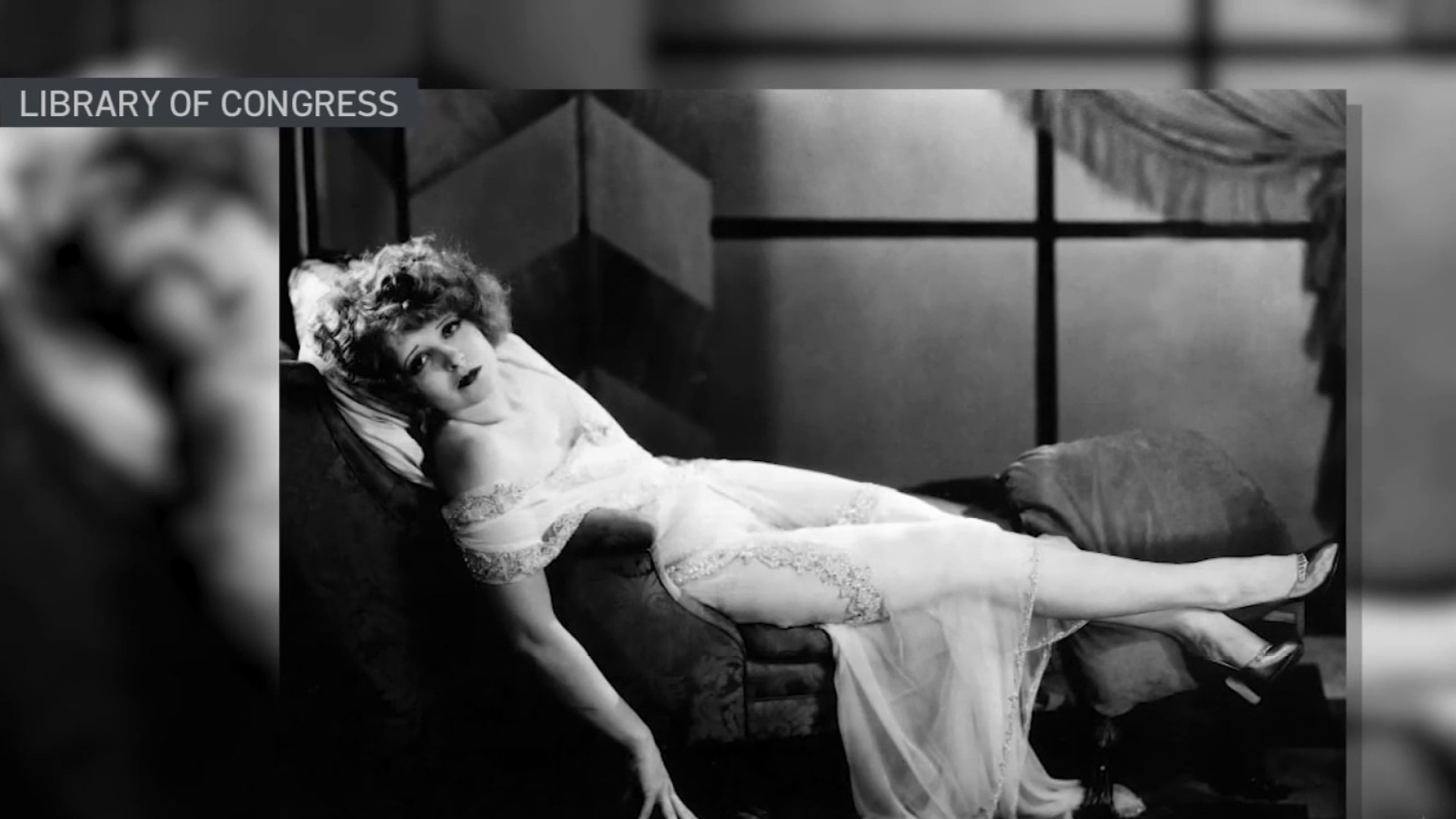You can read all the fancy and famous tributes to Ben Bradlee.
Truth be told, he’d like to read them, too.
Bradlee, who died Tuesday at 93, was the – cliché alert – larger than life editor of The Washington Post who made the Post must-reading around the nation and world.
I like to tell people that Richard Nixon resigned in August of 1974 and I arrived at The Post that October as a lowly news desk editor, a 28-year-old from The Atlanta Constitution, stepping into that famous newsroom.
Bradlee would bound through the aisles, his shoulders back and chest out, arms cocked at his side. But it wasn’t like a braggart, but more someone embracing news with a bear hug. He wanted to be in on it, whatever “it” was each day. He made the newsroom electric with his presence. Actor Jason Robards, as good as he was, captured only some of Bradlee’s demeanor in the Watergate movie, All the President’s Men.
In Wednesday’s newspaper, the Post editorial page attempts to explain to younger readers what Bradlee was all about.
“His newsroom crackled with the energy of a modern startup,” the paper writes. “A certain ‘creative tension’ was the reality, a competition among reporters and editors to win his approval. Mr. Bradlee loved the chase and the thrill of discovery.”
Local
Washington, D.C., Maryland and Virginia local news, events and information
Bradlee would seethe at bureaucracy, especially that which envelops too many newsrooms today. He called journalism at The Post, “the best damn job in the world.”
When I was a group of young metro reporters working on the on-going stories about then-Mayor Marion Barry’s alleged drug abuse and private life, an associate of Barry’s was arrested at a downtown motel. “This one has the smell of death to it,” Bradlee said as he looked over the newspaper copy. As Post editor Marc Fisher recounts in his own look back, that was the beginning of the end that led to Barry’s arrest at the Vista Hotel in January 1990. “Smell of Death” became a headline for a chapter in my book, Dream City, coauthored with Washingtonian writer Harry Jaffe.
When reporters were writing breaking stories, Bradlee would sometime recite a bit of caution. He said if the story held up, you were just good. But if it were printed and turned out to be wrong, you’d be famous. And the way he said “famous” was not something you wanted to be.
The brightest highlights of The Post under Bradlee were both the Nixon Watergate scandal and, before that, the Pentagon Papers, when the newspaper joined with The New York Times to print secret papers describing the false underpinnings of the nation’s Vietnam War.
The low point for Bradlee, and every journalist in his newsroom, came in 1981 when Bradlee near tears announced the newspaper was returning a Pulitzer Prize that reporter Janet Cooke had won with her story about an 8-year-old cocaine user. The story, like much of Cooke’s alleged background, was made up. I was in the newsroom when Bradlee spoke to the reporters and editors gathered around him. It truly is one of the saddest moments of my own career.
But I prefer to think of Bradlee in larger, more positive terms. He wrote a memoir, “A Good Life.” And that is what it was. Bradlee now becomes a historical figure that will be written and talked about whenever “journalism” is seriously discussed.
And – cliché alert again – an era has truly passed.



